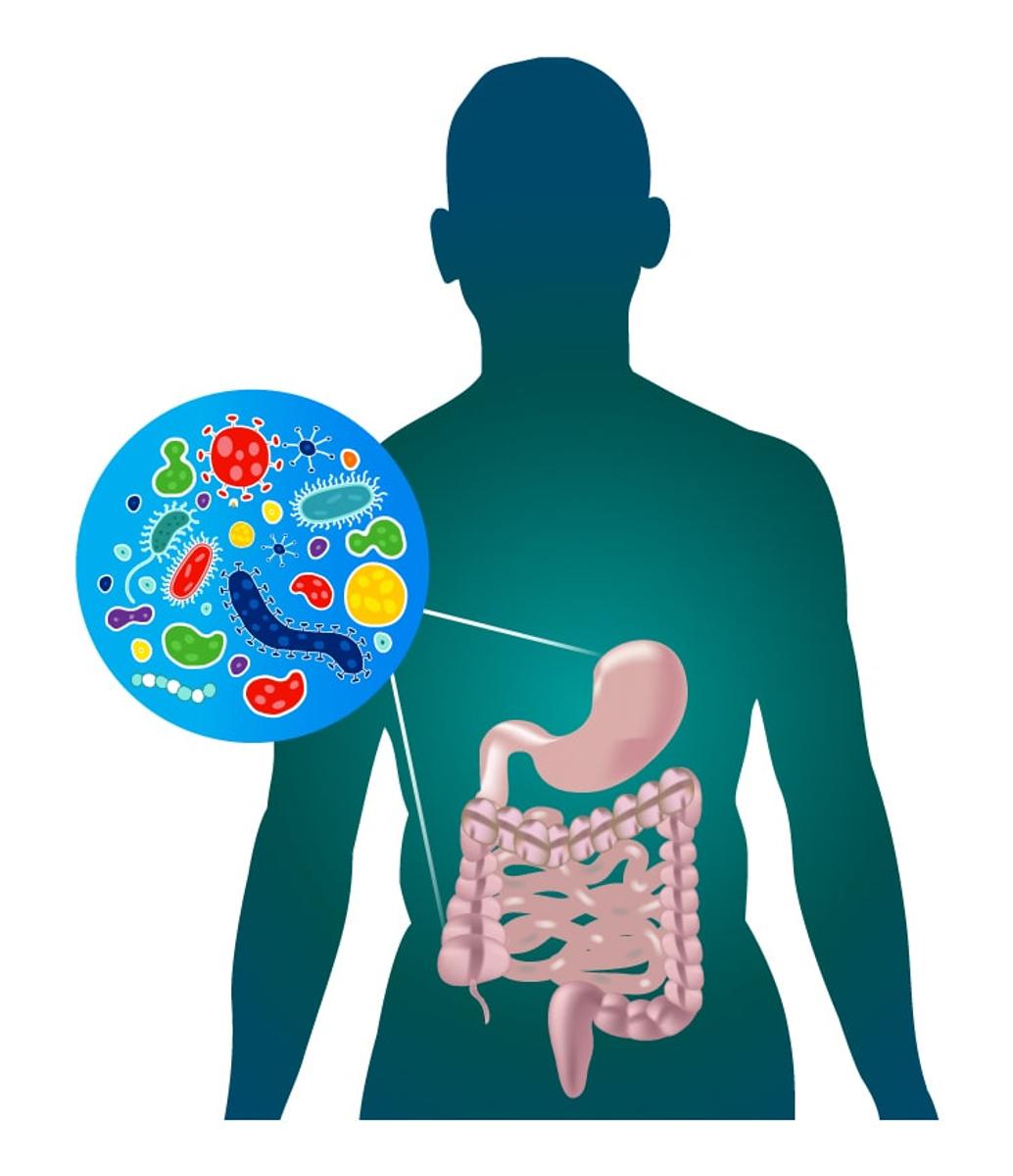Gut Microorganisms and Body Biochemistry:

Following on from last week's article.
Our lifestyle also affects our gut health.
There are 4 ways that our lifestyle affects our gut health.
- Our diet. What we eat enters our intestines and feeds the gut microbiota populations that live in the gut. If we eat more unhealthy foods consistently, our gut microbiota can be affected. A 10-day diet of nothing but McDonald’s would do serious damage to our gut microbiota. That also includes the consumption of antibiotics, which wipe out most (but not all) of the gut microbiota. What food we consume after the course of antibiotics will determine what species will repopulate the gut most quickly. The consumption of different probiotics supplements can also affect the gut microbiota species populations.
- Our sleep quality. Poor sleep quality can also induce significant changes in the gut microbiota.
- Our stress management. Stress can cause problems to the gut in two ways, as highlighted in this article:
Psychological stress and depression can promote the consumption of highly palatable foods, influencing which gut bacteria thrive. Additionally, stress and depression can reshape the gut bacteria’s composition through stress hormones, inflammation, and autonomic alterations. In turn, the gut bacteria release metabolites, toxins, and neurohormones that can alter eating behaviour and mood. Some bacterial species may encourage dysregulated eating.
In other words, they influence our gut microbiota internally via the release of different biochemical signallers. Some of these signallers will end up causing us to change our eating behaviours and go for more unhealthy comfort foods, which then cause our diet to change up and affect our gut microbiome.
4. Exercise also causes the gut microbiota to change up, and is independent of diet. Getting in good quality exercise is also key to supporting gut health.
Living a healthy lifestyle is key to supporting a healthy gut, a healthy immune system and a healthy brain.

